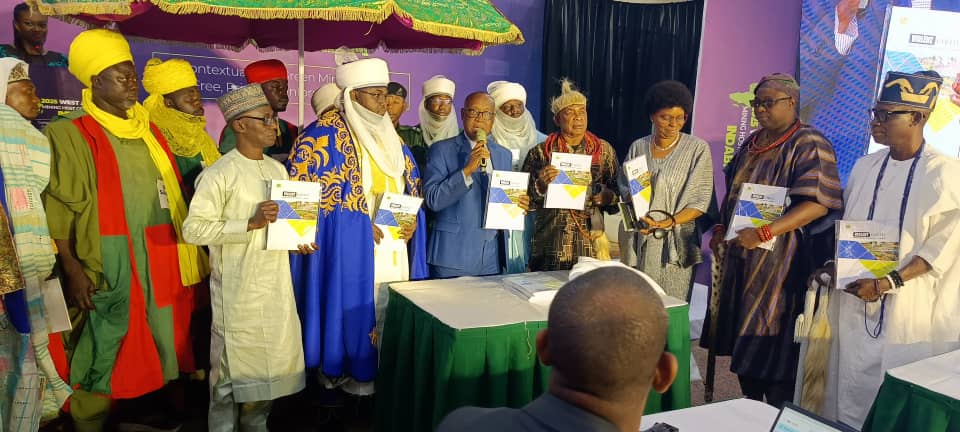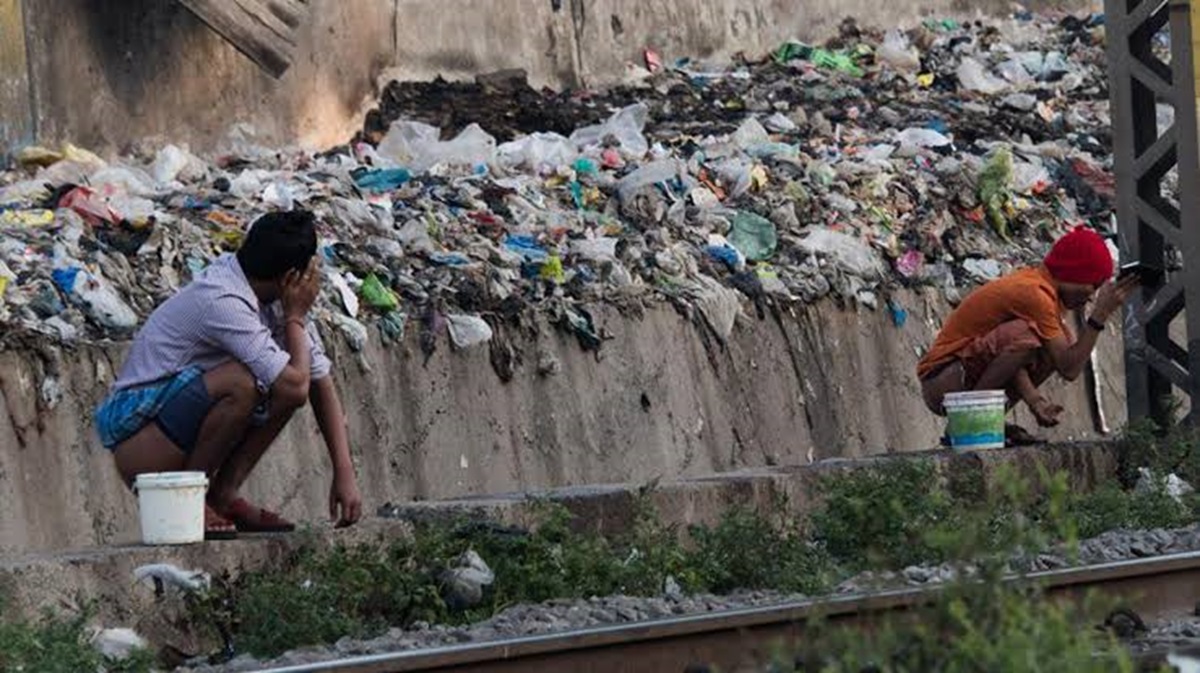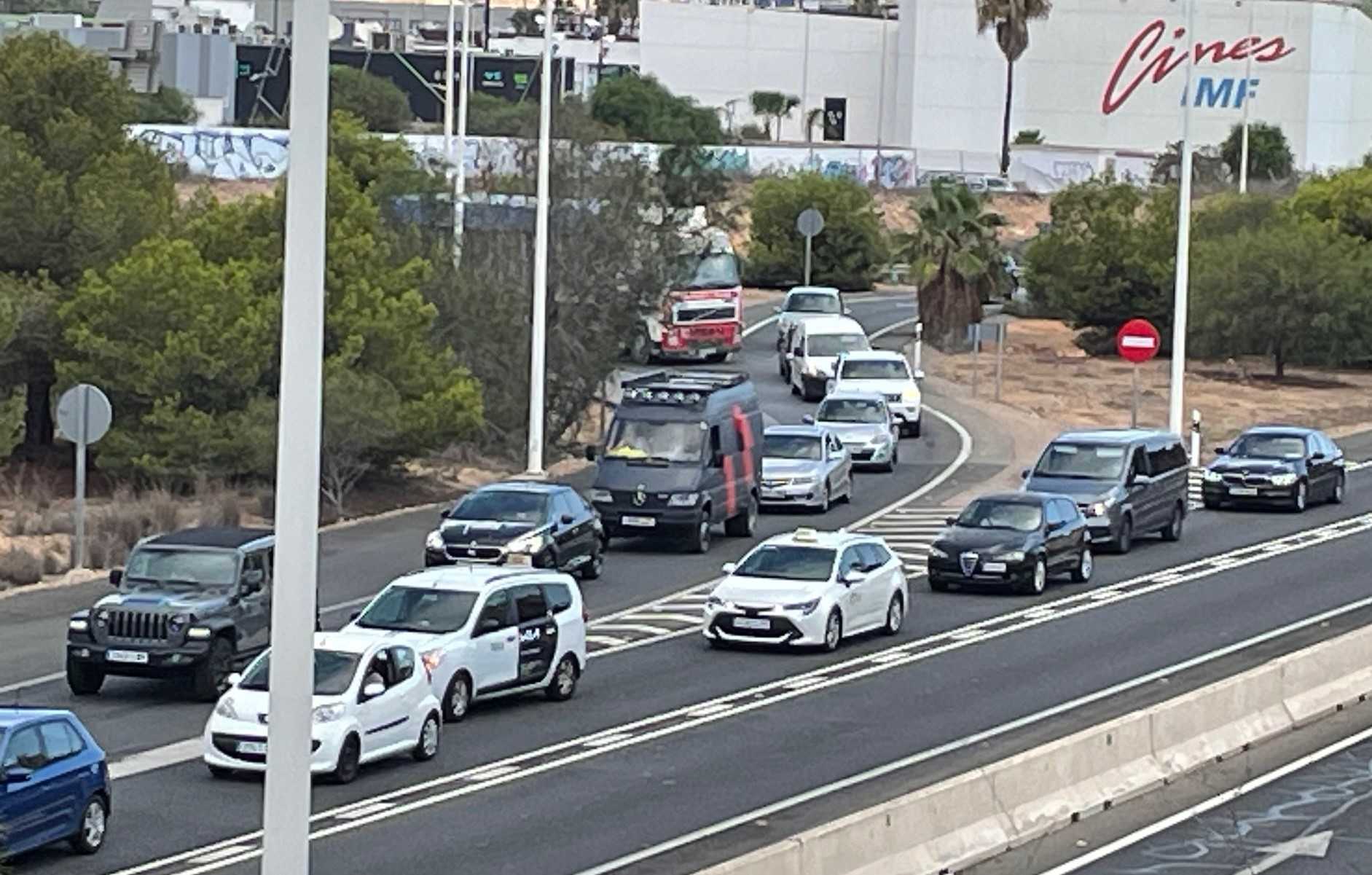By Torkwase Nyiekaa
Copyright independent

Torkwase Nyiekaa
Global Rights has issued a strong caution to governments and investors championing the renewable energy transition in West Africa, warning that the global race for critical minerals must not repeat the historical injustices that mining host communities in the region have long endured.
The organisation emphasised that while the shift to cleaner energy and green technologies is accelerating worldwide, the pursuit of sustainability must not come at the expense of human lives, cultural heritage, or the environment of those living where these resources are extracted.
Speaking at the opening of the 5th West African Mining Host Communities Indaba in Abuja yesterday, the Executive Director of Global Rights, Abiodun Baiyewu, underscored the urgent need for justice, accountability, and respect for the rights of local communities at the heart of the green transition agenda.
“As the world races toward renewable energy, demand for minerals such as lithium, cobalt, bauxite, and other critical raw materials in our region is skyrocketing. But the promise of a cleaner future must never come at the expense of the dignity, rights, and survival of host communities,” Baiyewu said.
She recalled the devastating 2011 lead poisoning crisis in Zamfara State, triggered by artisanal gold mining, which claimed the lives of hundreds of children. That tragedy, she noted, remains a grim reminder of how extractive activities have historically enriched outsiders while leaving local populations impoverished, displaced, and in some cases, dead.
“Zamfara’s children were the price paid for gold mining, a wealth that never transformed their lives or their state,” she lamented, adding that she and grassroots advocates, including the late activist Adamu Kotokorshi, had mobilised communities to demand justice under Section 17(2)(d) of Nigeria’s Constitution.
Baiyewu also shared the harrowing story of a mother in Shikira, Niger State, who lost four children to lead poisoning. That community, she revealed, has since been overrun by armed groups who now control and exploit its gold deposits. Similar stories of exploitation, environmental degradation, and human rights abuses, she said, can be found in Kogi, Gombe, Ebonyi, and the Niger Delta, all underscoring the urgent need to break the cycle of resource extraction without accountability.
She warned that the growing global demand for minerals critical to renewable energy, particularly lithium, cobalt, and bauxite, threatens to perpetuate the same injustices unless governments and companies commit to a more just and equitable approach. Central to that approach, she stressed, is the principle of Free, Prior, and Informed Consent (FPIC), which ensures that host communities are not passive victims of mining but active decision-makers in how their resources are managed and how the benefits are shared.
“Communities must not be reduced to bystanders as their lands, water, and cultural heritage are destroyed in the name of green energy,” she stated.
As world leaders gather at the 80th United Nations General Assembly in New York, themed “Better Together: 80 Years and More for Peace, Development and Human Rights,” Baiyewu criticised the continued exclusion of mining host communities from global conversations on climate action and energy transition.
“The people whose heritage is being traded under the guise of a just energy transition, those whose rights are most vulnerable, are often the ones not invited to the table,” she noted.
Baiyewu explained that the West African Mining Host Communities Indaba was established to bridge this gap, creating a space for communities to shape their own narratives, share strategies, and push for policies that reflect their interests.
“This annual forum is now a critical platform for mining host communities to speak for themselves, influence decision-making, and demand accountability from both state and corporate actors,” she said.
This year’s conference, themed “The Intersection of Green Mining and the Right to Free, Prior and Informed Consent,” aims to explore how Africa can meet global demand for green minerals while upholding justice, equity, and human rights.
Pre-Indaba discussions, she added, have already begun examining what a “just energy transition” should look like for host communities in West Africa. Over the coming days, researchers, policymakers, civil society groups, and grassroots voices will debate solutions to ensure that sustainability efforts do not repeat the mistakes of the past.
“The question before us,” Baiyewu concluded, “is how to guarantee that the shift to cleaner energy systems does not reproduce old patterns of exploitation, displacement, and conflict, but instead builds a future rooted in dignity, justice, and shared prosperity.”



